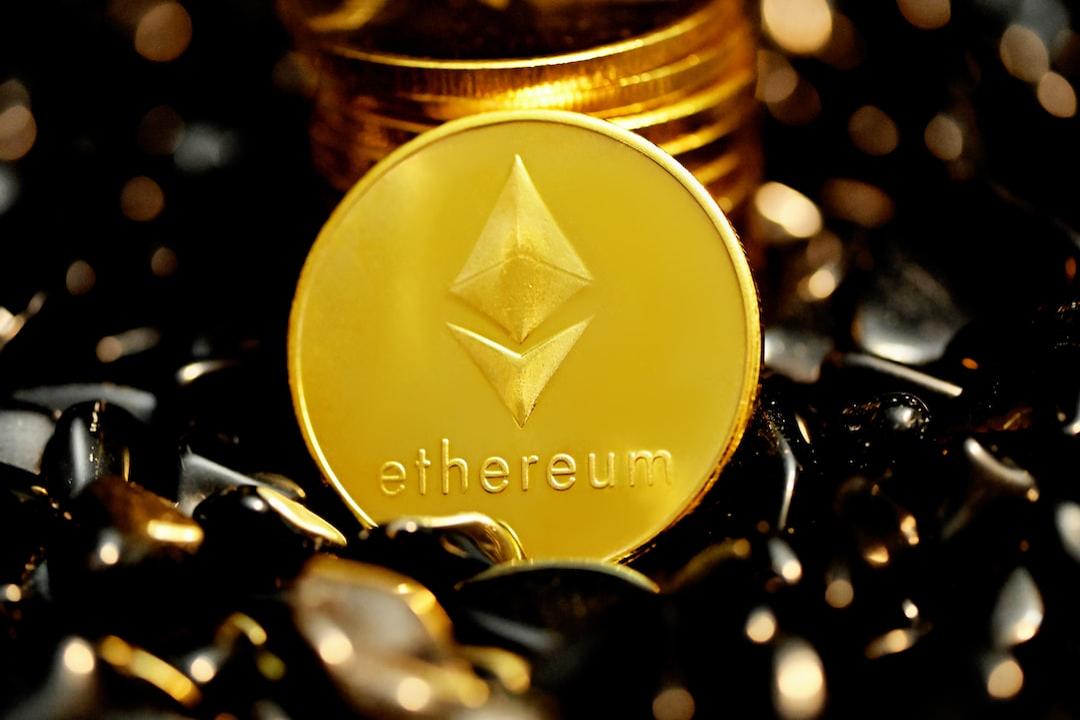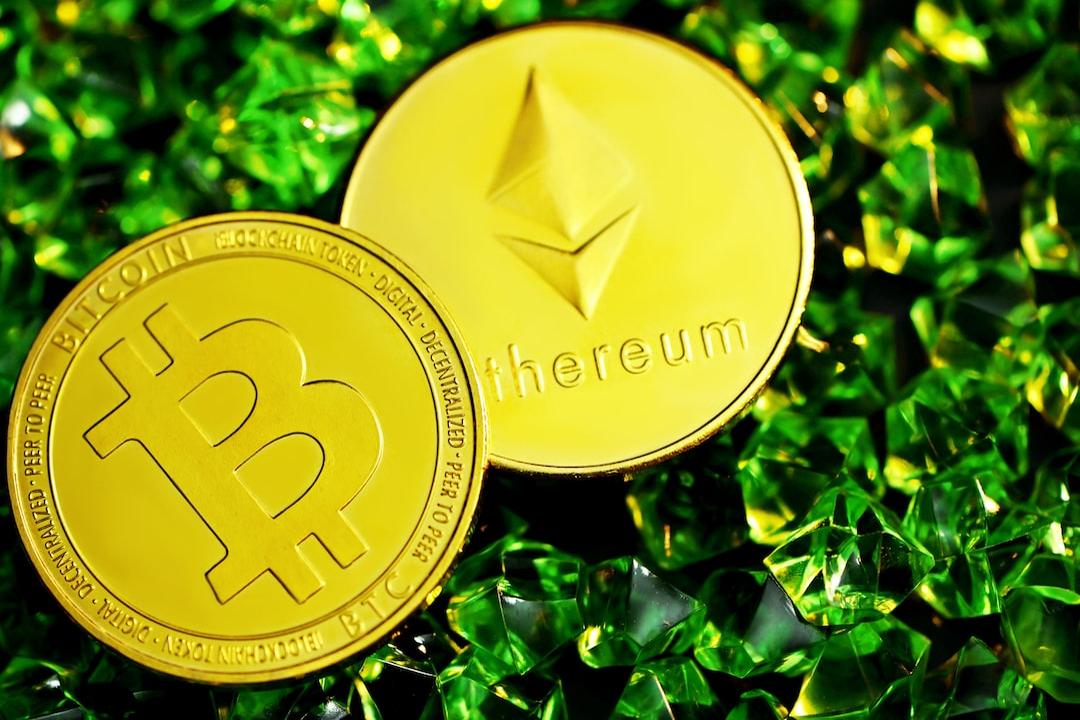New Era of Bitcoin as National Reserve, Forum Successfully Concludes
Trump has included Bitcoin in the U.S. strategic reserves, posing challenges for central banks and the public sector regarding monetary policy and fiscal direction changes.
In response to the global transformation of the monetary system, this forum was organized by the Bitcoin and Virtual Assets Development Association and co-hosted by the New Generation Financial Foundation. It notably invited BitoPro, MaiCoin, the National Chengchi University Financial Management Institute, and Oguo Blockchain Consulting, bringing together Taiwan’s three prominent economists for the first time: Professor Hsu Chia-tung, Chairman Wu Chung-shu, Professor Lin Chien-fu, monetary expert Professor Liu Yi-ru, financial expert Chairman Chen Chong, and virtual asset experts. They conducted an in-depth analysis of the feasibility of Bitcoin as a national reserve and its implications for future financial markets, marking Taiwan’s first in-depth discussion on the application of Bitcoin at the national level and providing forward-looking regulatory strategies for the digital asset era.
Highlights of the Event
During the forum, the following topics were discussed:
- Director Zhang Zhen-shan of the Financial Supervisory Commission’s Securities and Futures Bureau delivered an opening speech, explaining the key regulatory phases for Taiwan’s virtual assets and emphasizing the Commission’s attitude.
- Former Premier Chairman Chen Chong gave a keynote speech analyzing potential opportunities and impacts of digital assets in light of current international geopolitical and economic situations, mentioning Trump’s proactive stance on virtual assets and stressing that digital assets are a “weapon” that Taiwan should prudently assess to keep pace with international trends.
- The first keynote speech was delivered by former Finance Minister Professor Liu Yi-ru, who analyzed the definition and principles of national reserves from a monetary perspective, discussing Bitcoin’s potential as a national reserve. Professor Liu noted that Bitcoin is viewed as a revolutionary asset in the financial system, especially when public trust in the government wanes, turning it into a hedging option, while stablecoins are interpreted as strategic tools that strengthen the international status of the dollar.
- Panel discussion one, moderated by Professor Liu Yi-ru, continued the analysis from the keynote speech, featuring Professor Hsu Chia-tung, former Vice President of the Central Bank, Chairman Wu Chung-shu, senior consultant Lee Chien-szu, and lawyer Lin Hong-yu, President of the Bitcoin and Virtual Currency Development Association, discussing the nature of Bitcoin and its potential as a specific form of foreign exchange reserve.
- Chairman Wu Chung-shu pointed out that Bitcoin’s volatility is currently too high for it to be used as currency; however, Professor Liu Yi-ru believes that the development of stablecoins is indirectly promoting Bitcoin’s use as a medium of exchange. Senior Consultant Lee Chien-szu emphasized the high stability of the Bitcoin system, noting that its total supply is fixed and will not change due to external factors; President Lin Hong-yu analyzed Bitcoin’s market value, stating that when Bitcoin’s price remains at $90,000, its market value is comparable to the New Taiwan Dollar, and emphasized its high divisibility.

Long-term Investment Value and Financial Applications of Bitcoin
Panel discussion two featured Professor Hsu Pei-ling, Associate Professor and Director of the Technology Finance Institute at the National Chengchi University, Chief Technology Officer Liu Yi-cheng of CTBC Financial Holdings, Founder and CEO Liu Shih-wei of MaiCoin Group, and Founder and CEO Zheng Guang-tai of BitoPro, focusing on Bitcoin’s intrinsic value.
Chief Technology Officer Liu Yi-cheng noted that because Bitcoin does not generate income, it should be viewed as a commodity, while USDT and USDC are backed by U.S. Treasury bonds, providing income, which is relatively easier to understand. He further pointed out that U.S. institutions have begun to recommend allocating a portion of Bitcoin in asset portfolios to enhance returns.
MaiCoin Group Founder Liu Shih-wei analyzed that U.S. Treasury bonds require high interest payments, suggesting that if Taiwan plans to issue stablecoins, it could serve the U.S. market by using the New Taiwan Dollar as collateral or reserves, or even purchase U.S. Treasury bonds with NTD.
BitoPro Group Founder Zheng Guang-tai emphasized that regulatory issues remain a major challenge for exchanges.

First-hand Observations of Trump’s Administration and Trends in U.S. Virtual Asset Policies
Technology legislator Dr. Ko Ru-jun personally shared his experiences from attending Trump’s inauguration and reflected on the trends in U.S. virtual asset policies.
Bitcoin is redefining value standards, while the current financial system still suffers from transparency issues. The development of the digital economy is expected to surpass the physical economy. Regarding Taiwan’s policy direction, he suggested referencing the U.S. Strategic Reserve Act to assess the feasibility of Bitcoin as a national reserve asset, thus seizing the opportunity in the global financial transformation.

Opportunities and Challenges of Stablecoins in the Digital Era
Panel discussion three shifted focus to the central bank’s consideration of stablecoin adoption policies, with discussions led by Chairman Chen Chong of the New Generation Financial Foundation and Professor at Soochow University, former EasyCard Company Chairman Dai Chi-chuan, Deputy Chairman and Executive Director Wen Hong-jun of the Taiwan Fintech Association, and Professor Lin Meng-hsiang, Department Chair of Financial Technology Application at Ming Chuan University, exploring the opportunities and challenges of stablecoins in light of this common trend among governments.
Deputy Chairman Wen Hong-jun pointed out that stablecoins are digital tokens linked to fiat currency, but Taiwan and the U.S. have been slow in advancing related regulations.
Among these, the world’s largest stablecoin, Tether (USDT), lacks formal compliance regulation in the U.S., where authorities have long taken a tacit attitude, possibly due to Tether’s stabilizing effect on the dollar’s international status. In contrast, Circle actively cooperates with regulators to seek legal and compliant development pathways.
Moreover, market observations indicate that many traditional financial institutions have begun to explore the possibility of asset tokenization, with stablecoins seen as an important gateway to Web3. Currently, the global real-world asset (RWA) scale is as high as $900 trillion, with its value foundation relying on the global M2 total issuance of about $90 trillion.
Professor Lin Meng-hsiang pointed out that if Taiwan fails to issue a central bank digital currency (CBDC) or a competitive stablecoin in the future, it risks losing its voice in the on-chain financial market, thereby impacting its global competitiveness in the digital economy.
Trends in the International Market for Virtual Assets and Updates on U.S. Bitcoin Reserves
Panel discussion four featured Wu De-wei, Partner at Acorn Pacific Venture Capital, Hu Yi-tian, Co-founder and CEO of Yuanbai Capital, Professor Lin Chien-fu, Chief Economist at CTBC Financial Holdings, and Jian Shuyong, Compliance Manager at Binance International, speculating on the international market for virtual assets and the latest trends in Bitcoin.
Experts held divergent views. Economist Lin Chien-fu cautioned that regulatory issues surrounding stablecoins and CBDCs are receiving attention concerning the future development of cryptocurrencies, which have become a global trend. The U.S. is attempting to enhance its international competitiveness by introducing cryptocurrencies and cutting-edge technologies like artificial intelligence (AI). He emphasized that he prefers stablecoins over CBDCs, believing that stablecoins can circulate freely on the blockchain and maintain privacy, while CBDCs may be used by governments to monitor the flow of funds, thereby infringing on personal privacy rights.
On the other hand, Hu Yi-tian, Founder and CEO, pointed out that the U.S. is a country operating similarly to a corporation, requiring efficient management, and suggested that Bitcoin could serve as a strategic asset for the country, proposing potential solutions to relieve national debt pressure through debt-to-equity swaps.
Binance International’s Compliance Manager Jian Shuyong noted that cryptocurrencies provide opportunities for the younger generation to overcome class barriers.
He mentioned that the Hong Kong Securities and Futures Commission recently launched ASPIRe (a regulatory framework for virtual asset trading platforms), aiming to create a global order book mechanism to enhance market liquidity and further strengthen Hong Kong’s position as an international cryptocurrency financial center.

